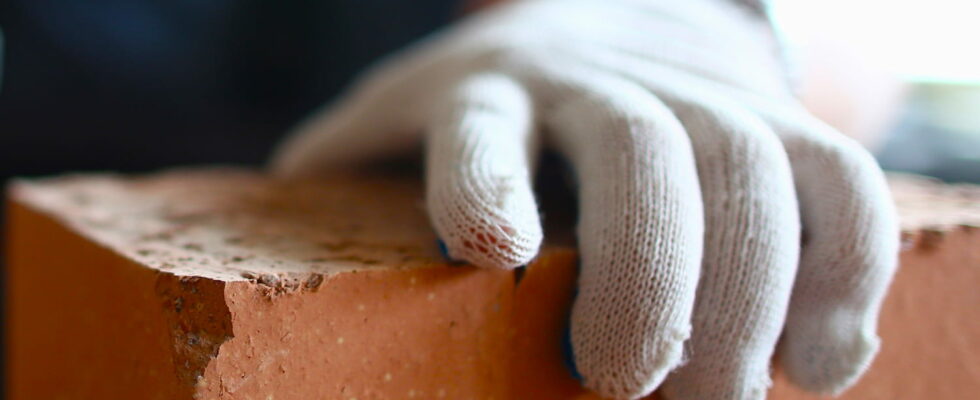Australian researchers have developed revolutionary, eco-friendly bricks that provide excellent thermal insulation and enable low-energy buildings.
Between global warming and the energy crisis, it is becoming increasingly important to design buildings that are both stronger and more durable, but also more energy efficient. For existing constructions, thermal renovation must be carried out, which often involves significant interior or exterior insulation work. But for houses to be built, it is best to choose very insulating materials from the outset. And that’s exactly what the new bricks developed by researchers in Australia promise.
Traditional bricks, made primarily from clay, require a huge amount of energy to produce. Every year, hundreds of millions of tons of coal are burned to bake these bricks, releasing millions of tons of carbon dioxide into the atmosphere. But innovative bricks from researchers at the Royal Melbourne Institute of Technology (RMIT) are changing the situation. By using waste that would otherwise have ended up in landfills, these bricks reduce CO2 emissions and energy requirements from the moment they are manufactured.
The key to this innovation is a material called RCF waste, which primarily includes recycled glass and coal ash. This mixture makes it possible to manufacture bricks which, once fired, have a lower thermal conductivity than conventional bricks. This means they retain heat better and require less energy to produce. In fact, these bricks can be fired at temperatures around 100°C lower than traditional bricks, providing significant energy savings.
The benefits of these bricks are not limited to the production phase. They also bring considerable benefits to the occupants of the buildings. Thanks to their better heat retention, buildings constructed with these bricks are cooler in summer and warmer in winter. This translates into energy savings for heating and air conditioning, thus reducing the energy bills of the inhabitants.
Tests carried out by researchers show that these new bricks are not only more ecological, but also more resistant. In compression tests, bricks with 15% recycled glass showed higher strength than traditional clay bricks. This means they can withstand loads better and last longer, while providing improved thermal performance.
RMIT researchers, in collaboration with a company specializing in glass recycling, worked for four years to perfect these bricks. Although they have only produced these bricks in the laboratory so far, they are in the process of planning large-scale production. The aim is to make these bricks available to builders all over the world, revolutionizing the construction industry.
